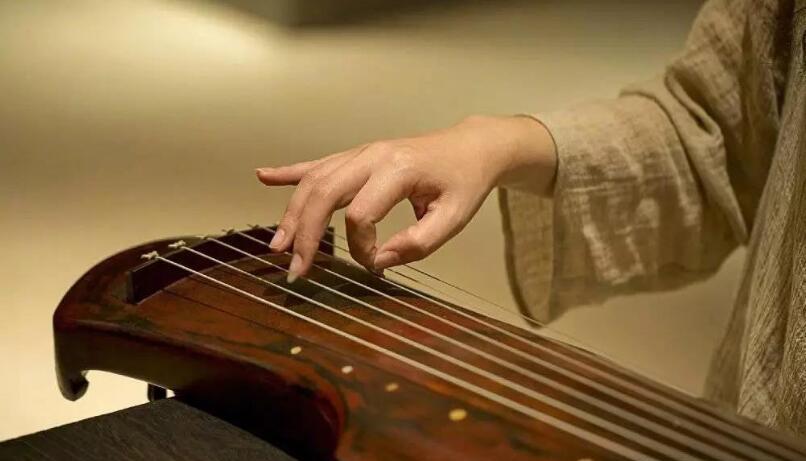The so-called "barn is realistic and knows etiquette, enough food and clothing and knows honor and disgrace", when we no longer worry about food and clothing, it is possible to consider other things, and it is inevitable to consider other things, just as a famous saying of modern people - "When people are hungry, there is only one problem, and once they are full, there will be many problems."
Low-level, tedious, vulgar, even lawless things, we do not discuss, but only look at the elegant things. So, do you know what the "elegant things" in the eyes of the ancients were? In the eyes of the ancients, there are "eight elegant things", say it, you are not strangers, let's take a look at it.

Piano, chess, books, paintings
In ancient times, to describe a person who is particularly talented, such a word is often used, which is - "piano, chess, calligraphy and painting". Obviously, "piano, chess, calligraphy and painting" contains four skills, namely, playing the piano, playing chess, calligraphy, and painting. It is worth mentioning that the "qin" here refers to the guqin, that is, the "seven-stringed qin", also known as "Yaoqin", "Yuqin", etc., the famous "Guangling San", "Plum Blossom Three Alleys", "Yangguan Three Stacks", "Yuqiao Q&A" and other famous songs, are all played by the seven-stringed qin.
In addition, we all know that there are many types of chess, such as chess, military chess, checkers, backgammon, etc., and the "chess" in "Piano And Chess Calligraphy" refers specifically to Go. Go, which originated in China, was called "Yi" in ancient times, and it can be called the originator of chess. As for "books" and "paintings", naturally there is no need to say more.
In ancient China, there were many "saints", and "qinqi calligraphy and painting" accounted for the "four saints":
Qin Sheng - Yu Boya (Spring and Autumn Warring States)
Qisheng - Huang Longshi (Qing)
Shusheng - Wang Xizhi (Eastern Jin Dynasty)
Painting Saint - Wu Daozi (Tang)
Poetry, wine, flowers, tea
If "Qinqi Calligraphy and Painting" focuses on a person's talent, then "Poetry Hop Tea" highlights a person's elegant life. Chinese has always paid attention to "the people take food as the sky", and eating is of course the first priority, however, after eating, if you pursue such a little taste, it is naturally poetry, wine, flowers, and tea.
In ancient times, if a person did not enter the circle of "poetry and hop tea", it was obvious that he could not be called a literati, drinking, writing poetry, enjoying flowers, drinking tea, which was how "petty bourgeois" in the eyes of modern people, but in fact, in ancient times, just like we watch movies, play mobile phones, etc. today, it is basically the same.
In the "Poetry Hop Tea", of course, there are also "saints", for example, "Shi Sheng" is Du Fu of the Tang Dynasty, "Wine Sage" is Du Kang of the Xia Dynasty, and "Tea Sage" is Lu Yu of the Tang Dynasty. As for "flowers", it seems that there is no such thing as "flower saint", but there are "ten friends in flowers", such as: orchids represent "Fangyou", plum blossoms represent "Qingyou", lotus flowers represent "pure friends" and so on.
The above is the "eight elegances" in the eyes of the ancients, that is, piano, chess, books, paintings, poems, wine, flowers, tea, of course, these elegant things in the eyes of the ancients, in fact, for us modern people, are also elegant things, dear friends, in the spare time, have you chosen one or two, to experience it yourself?
Wen | family argued